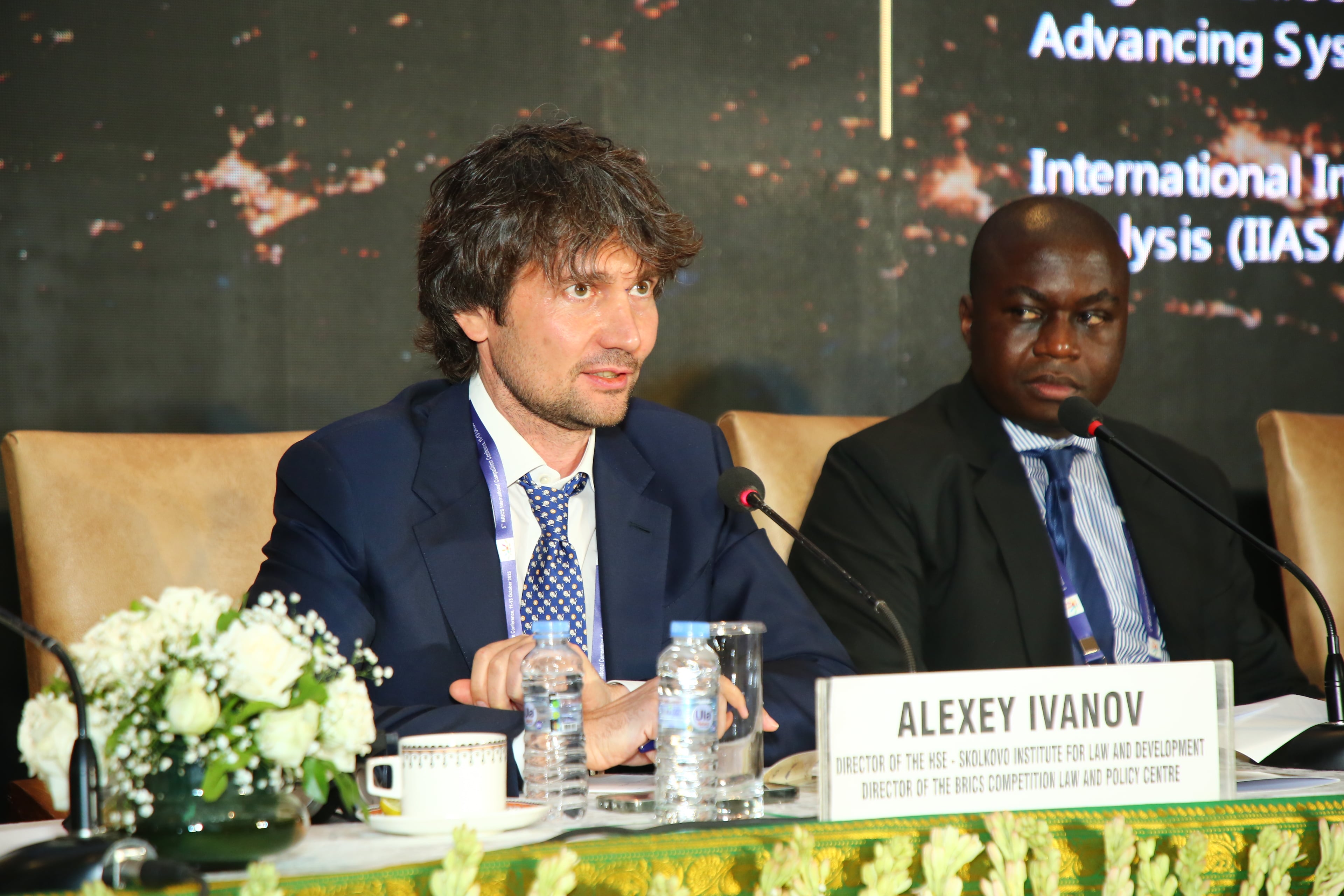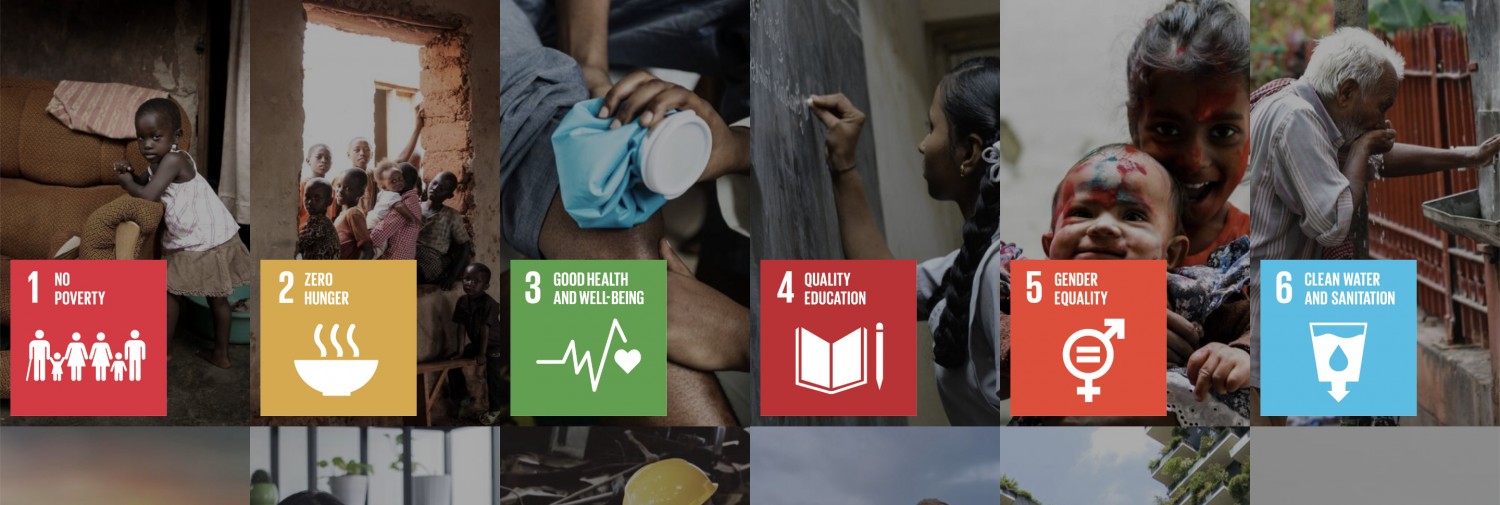On October 12, Alexey Ivanov, Director of the International BRICS Competition Law and Policy Centre, spoke at the session themed "Sustainability and Climate change: New Dimensions in Competition Law." The session was held as part of the 8th BRICS International Competition Conference in New Delhi (India).
The term "sustainable development" in the context of antitrust regulation is mainly associated with the green agenda. However, among the 17 Sustainable Development Goals (SDGs) outlined by the United Nations (UN), only Goal 13 addresses the issue of climate change. The rest of the SDGs are dedicated to fighting poverty and hunger, as well as ensuring access to health care and education, reducing inequality, etc. However, antimonopoly legislation has not yet adequately covered the whole issue of sustainable development, and, most importantly, has not yet included these goals in its analytical toolkit as non-economic indicators, Alexey Ivanov noted.
The appeal to environmental sustainability has become a kind of defense against antitrust regulation for large companies, which often mask their anti-competitive practices behind this "shield". The message to focus on the environmental aspect of the SDGs comes mainly from developed countries, while for developing countries socio-economic problems are more important.
"So this focus, this kind of bias regarding the environmental aspect of the SDGs is becoming a problem for competition in the world,"
Ivanov emphasized. Thus, many regulatory documents that are prepared and adopted by antitrust authorities of developed countries explicitly exclude other sustainability parameters besides environmental ones, he added.
It is necessary to remember the other 16 SDGs and incorporate them into the competition law system. Then the SDGs could become not only a protection for corporations from regulatory interference, but also an enforcement tool. Similarly, innovation became a tool that antitrust authorities used to justify antitrust response measures when considering the Bayer-Monsanto deal in 2017-2018. For example, in Russia, India and South Africa, in order to approve the deal, Bayer was required to take certain steps to stimulate the innovative development of its potential competitors - small players in the BRICS countries.

Sustainable development values are the very non-economic interest that should be protected by antimonopoly legislation, Ivanov is convinced. In this sense, South Africa can serve as an example of a country with a progressive approach to regulation. South Africa's Competition Act contains public interest provisions, and recently an updated Draft Guidelines for the Assessment of Public Interest Provisions in Mergers was published that requires “equal status” for competition and public interest concerns when carrying out reviews. Such changes help to protect the interests of small and medium-sized enterprises and "historically disadvantaged persons".
"Essentially, this is about one of the most important goals of sustainable development – the fight against inequality. The South African authorities have recognized this value at the legislative level and included it in the competition analysis,"
Ivanov noted.
The BRICS Centre together with the International Institute for Applied Systems Analysis (IIASA) is preparing a report on the possibility of integrating the SDGs into antitrust regulation. The report will be presented in its final form in November at a conference in Rio de Janeiro.
Alexey Ivanov concluded his presentation by recalling that the importance of the integrated realization of all Sustainable Development Goals is mentioned in the Johannesburg II Declaration, signed by the BRICS member countries in August this year in South Africa. "For competition law to remain viable, it is necessary to consider sustainability as one of its most important parameters," he concluded.
The International Competition Conference, hosted biennially by the BRICS competition authorities, provides a platform for promoting cooperation, experience sharing and mutual learning amongst the competition authorities of BRICS countries.
Photo credit: bricsdelhi2023.in




